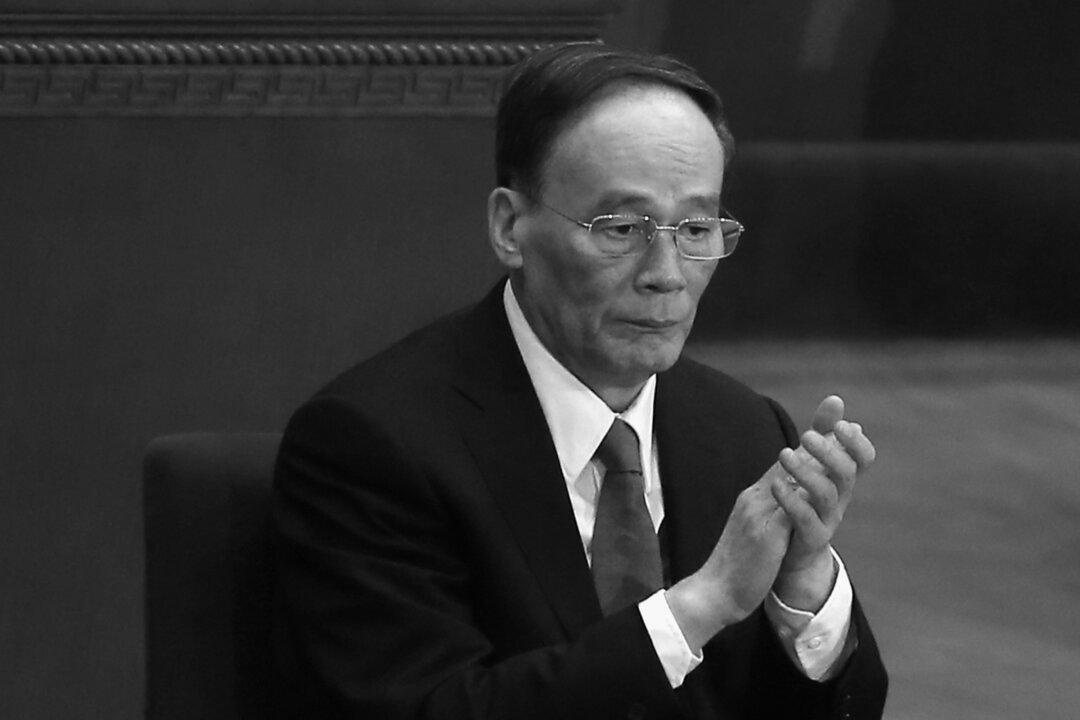Chinese leader Xi Jinping’s anti-corruption campaign has recently reached an impasse: the trial of a powerful former security czar is delayed; the anti-corruption chief gave a rallying speech in a province that was supposed to have already been purged; and the investigation and purge of top ranking officials has slowed to a trickle.
Analysts say that this pause is a sign that the Party’s factional struggle is at a critical stage, and that choices made in the near future will be decisive—leading either to a thorough crushing of the faction that opposes Xi, or potentially a weakening of Xi’s power, and possible retribution in the future.
"It's a matter of 'you die, I live,' for Xi Jinping and Jiang Zemin."
, Chinese communist politics analyst





